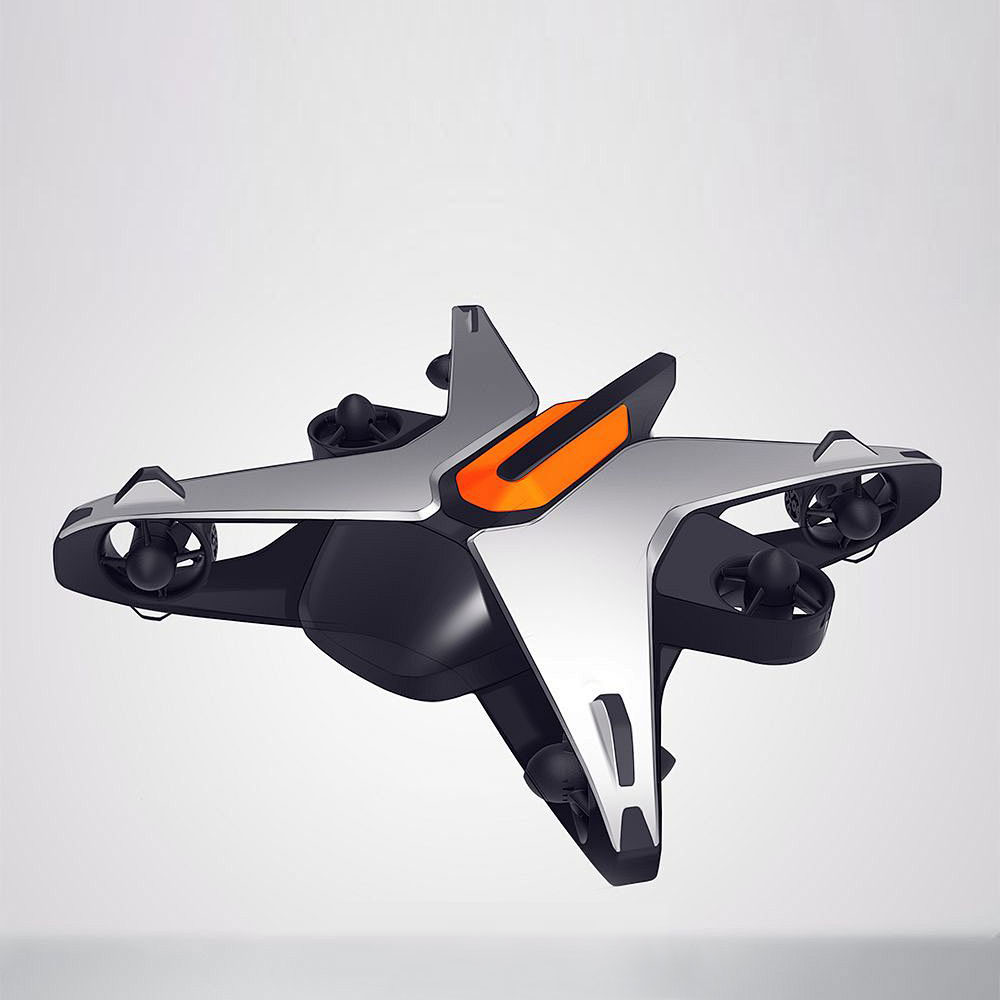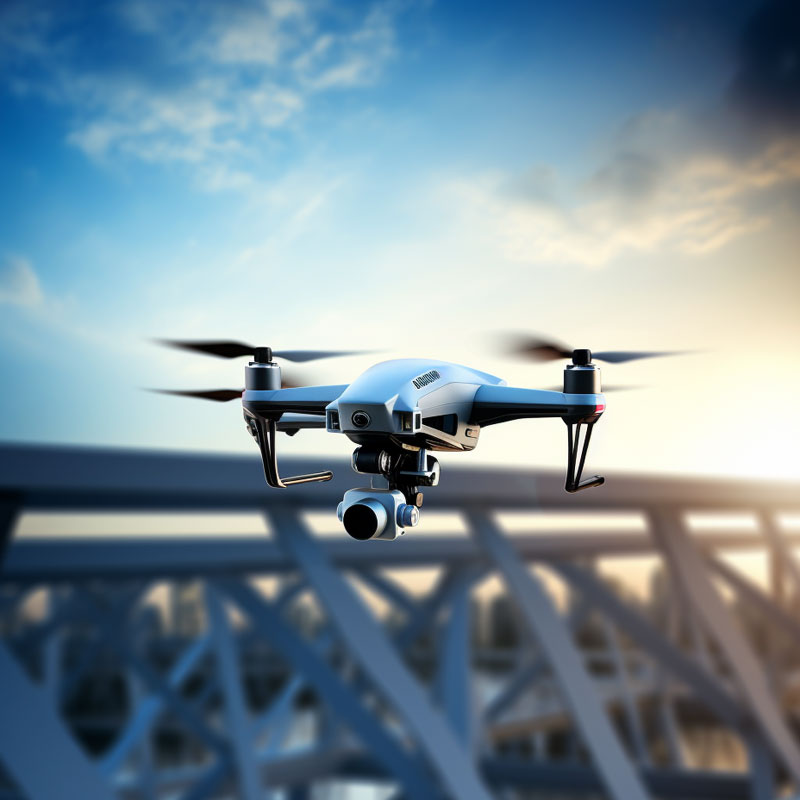In today’s rapidly evolving world of agriculture, agri spray drones are redefining traditional farming methods. These unmanned aerial vehicles (UAVs) are equipped with advanced sensors and spraying equipment, allowing for precise application of fertilizers, pesticides, and herbicides. As the demand for efficient farming solutions increases, agri spray drones have emerged as a game-changer, offering significant advantages over conventional techniques.
The Benefits of Agri Spray Drones
One of the paramount advantages of using agri spray drones is their ability to cover vast areas of farmland quickly and accurately. Unlike manual spraying methods, drones can navigate challenging terrains and reach areas that might be inaccessible to human operators, ensuring uniform distribution of agricultural treatments. Furthermore, the precision of these drones reduces the amount of chemicals needed, which helps in minimizing environmental impact and promotes sustainable farming practices.
Efficiency and Cost-Effectiveness
Agri spray drones significantly enhance operational efficiency, saving both time and labor costs. Traditional spraying methods often require a considerable workforce, whereas drones can be operated by a single person using a handheld controller or automated software. This automation cuts down on human error and allows for consistent application rates across entire fields. Additionally, drones are equipped with GPS technology, ensuring real-time data collection and analysis, which helps in optimizing crop management strategies.
Impact on Crop Health and Yield
The introduction of drones in agriculture brings about improved crop health and yield. With aerial scouting capabilities, farmers can monitor crop growth and spot issues early, such as pest infestations or nutrient deficiencies, enabling timely interventions. Agri spray drones help in achieving better results through targeted treatment, increasing overall crop production and profitability.
Challenges and Considerations
Despite their numerous benefits, implementing agri spray drones comes with certain challenges. Regulatory hurdles related to drone operations can vary widely based on geographical locations, affecting their deployment. Moreover, initial investment costs for drone technology might be high, requiring farmers to weigh long-term benefits against upfront expenses. Effective training and maintenance are also essential to ensure optimal performance and longevity of the equipment.
The Future of Farming
As technology continues to advance, agri spray drones are poised to become an integral part of modern farming tactics. Innovations in drone design, battery life, and payload capacity will likely drive further adoption and efficiency improvements. The adaptability of drones allows them to be customized for various agricultural needs, paving the way for personalized farming solutions.

FAQs
- How do agri spray drones compare to traditional methods?

Agri spray drones offer higher precision, speed, and cost efficiency, reducing the reliance on manual labor and minimizing environmental impact. - Are there any environmental benefits?
Yes, their precision reduces chemical usage, contributing to sustainable agriculture practices. - What are the potential initial costs?
While the initial investment can be significant, the long-term savings and increased crop yields often justify the expense.
